
Sep 1, 2017 · In addition, glass has to be checked for physical and chemical attacks from the formulation. “It is well known that tartrates and citrates are notorious drivers of delamination in tubular glass vials,” Petyak notes. Changing vial types is one approach to solving the delamination issue. In this case, a tubing vial could be changed to a
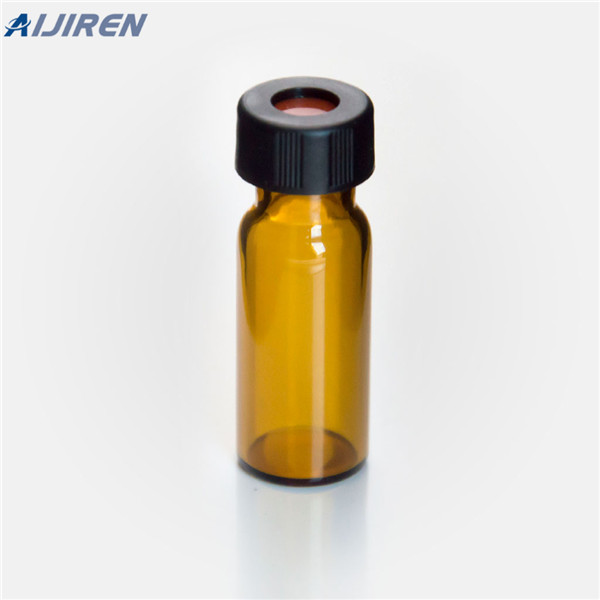
Analytical Vials. Vials play a significant role in analytical analysis and result reproducibility. Vials must be inert and free of extractables or leachables to prevent affecting results. Using certified, application-specific, contaminant-free vials can significantly reduce risk. We offer a broad spectrum of Supelco ® products including
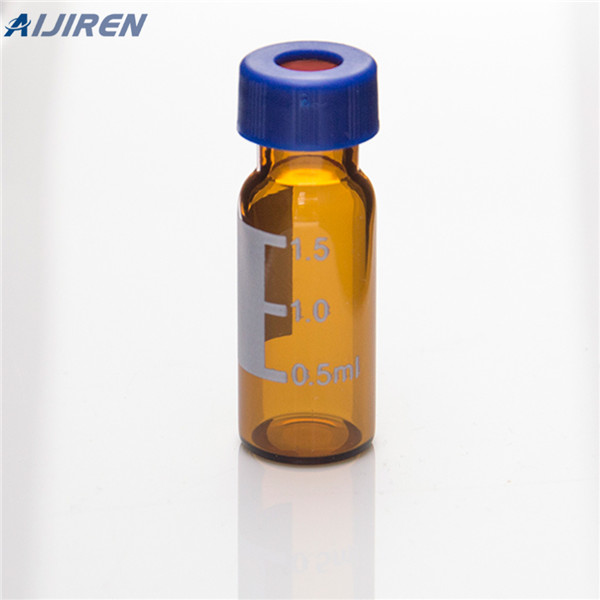
Quality vials are essential for reliable analytical results. All Waters Certified Vials are tested by LC or LC/MS to assure quality and cleanliness. The test results confirm the vials, cap and septa have been properly manufactured, handled and packaged, and are free from any potential contaminants which could result in chromatographic ghost peaks.
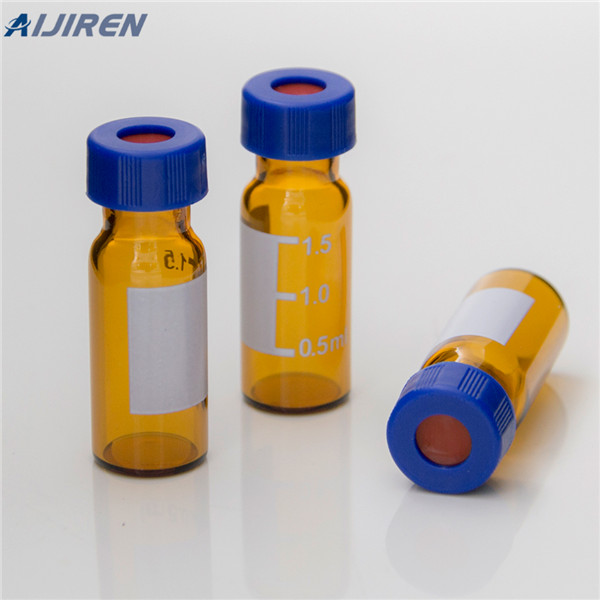
Chromatography vials are typically used as temporary sample containers for subsequent gas chromatography (GC) or liquid chromatography (LC) analysis. Consider these factors when choosing the correct vial for your applications. What Are Standard Chromatography Vial Sizes? Standard chromatography vial sizes include 8 x 40mm, 12 x 32mm, and 15 x 45mm.
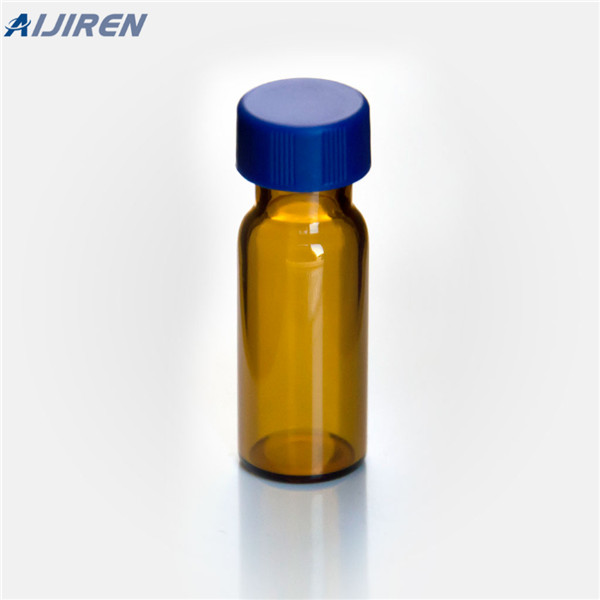
For 40 years, Savillex PFA vials have been the best choice for demanding trace metal applications, and are used in laboratories worldwide for sample preparation and storage. The flat bottom and high service temperature range makes them ideal for use directly on a hot plate. Molded from high purity virgin PFA, they are chemically inert, with

Sep 18, 2018 · Analytical HPLC: Analytical HPLC has impacted guidelines and standards set by the Food and Drug Administration. It is now standard practice for all companies to test the quality of their products by analytical HPLC before the product may be sold in global markets. Preparative HPLC:
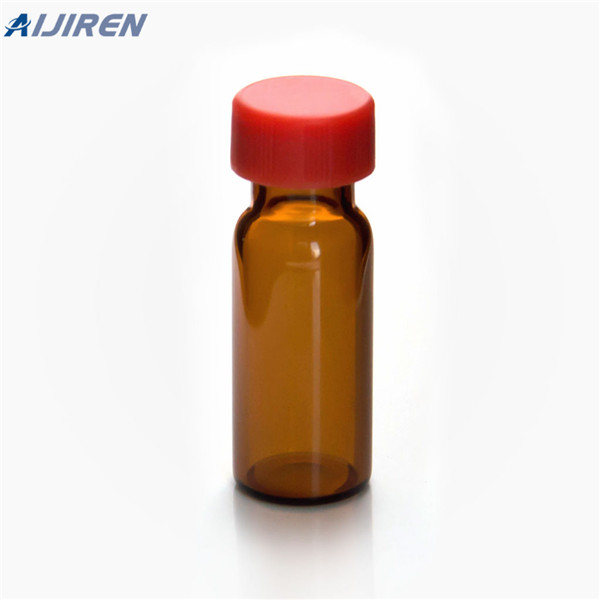
May 12, 2022 · Preparative chromatography is one of the most common and important purification techniques in organic chemistry and is employed in laboratories across the globe. In order to facilitate student proficiency with the method, a unique approach for the separation of estragole, ethyl cinnamate, and cinnamyl alcohol using microscale preparative flash column chromatography and gradient elution has

A wide range of vials, closures, and accessory products designed for generalized and specific scientific applications. Various product formats, dimensions, and material compositions are available. Includes autosampler vials, cryogenic storage vials, and serum vials. Thermo Fisher Scientific is dedicated to improving the human condition through

May 19, 2017 · The biggest difference between a preparative and analytical LC system is the system backpressures. In analytical LC, with relatively high flow rates compared to small column diameters and particles, backpressures can get very high.
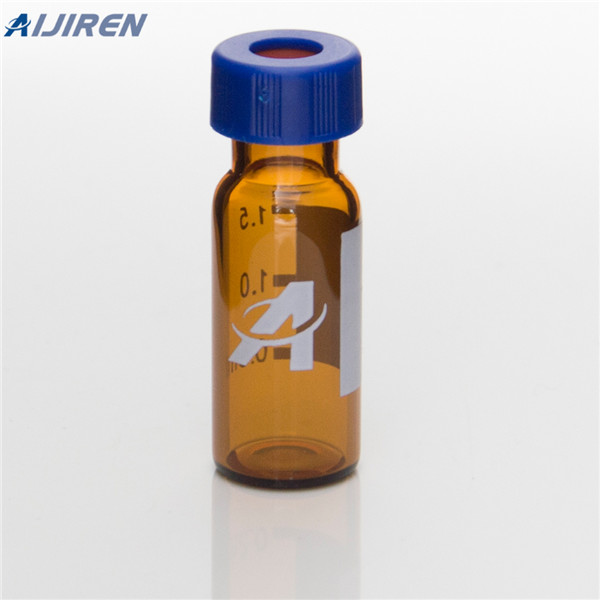
Analytical is pleased to offer the new Temperature Controlled Reactor (TCR). The TCR is a fluid-filled reactor that keeps temperature consistent throughout the block and around your samples. It greatly reduces excessive heat that can be caused by external sources, such as a Lumidox®II solid base LED array. Any fluid within the specified range

The analytical cycle represents all of the steps from the point of collection to the final analysis and data output. Although sample preparation is an important part of this analytical cycle, it doesn’t always get the respect as does the separation and measurement instrumentation and the data handling aspects.

Clear Glass 12 x 32 mm Crimp Vial, 2 mL Volume, 100/pk. During sample preparation and collection, there’s a chance you may have to seal your sample before shipping it to another lab or transferring it to another system. That’s why you should only use the Clear Glass Crimp Vial from Waters. This sample collection vial is designed for use
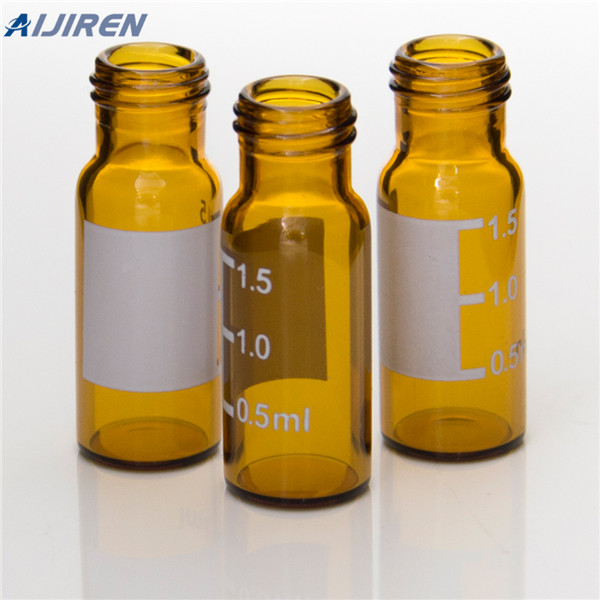
Nov 29, 2022 · screened on an analytical system, and standard mobile phases (acetonitrile and methanol) are preferred for initial screening work. The pH of the mobile phase should also be considered. Bulk purification workflow best practices. 1. 2. 3. When selecting analytical screening columns, you . should also investigate the availability of preparative

May 8, 2023 · This holds true, especially in the lab, where you need to isolate ultra-pure compounds out of your complex solutions. In this blog post, I’ll explain the three types of HPLC purification prep methods: analytical, semi-preparative and preparative – and when to use each one.

Figure 1. Transmission curves for Amber Glass and Clear Glass vials. Amber Vials are made from 51-expansion glass which has a different chemical composition and higher free ion content. Waters distributes the same vials (same chemical composition) around the world. Some distributors of vials source locally distributing different glass in different